Contents
What Is Blockchain?
Blockchain is a decentralized digital ledger that securely records and verifies transactions across multiple computers or nodes in a network. It operates on the principle of transparency, immutability, and consensus, ensuring that all participants have an identical copy of the ledger. Each transaction, or block, is linked to the previous one using cryptographic hashes, forming a chain of blocks. This technology eliminates the need for intermediaries and enables trust, efficiency, and traceability in various industries, including cybersecurity, supply chain management, gaming, finance, healthcare, etc.
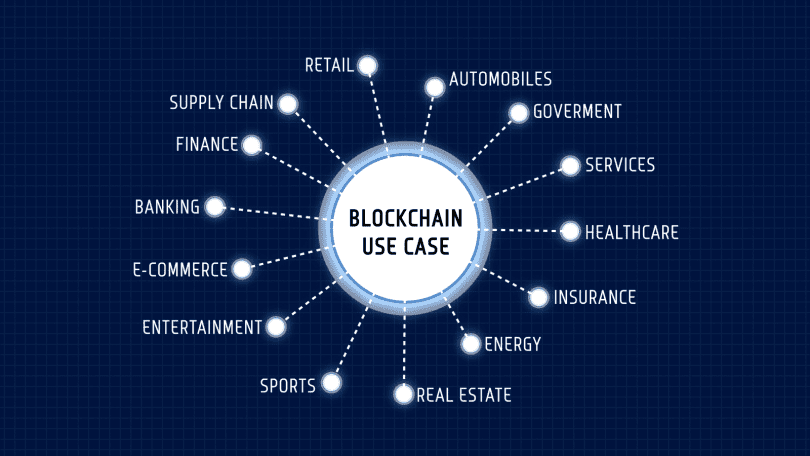
Use Cases of Blockchain in Enterprises
Blockchain offers several compelling use cases for enterprises across various industries. Blockchain in the finance sector is revolutionizing traditional processes by providing a secure, transparent, and decentralized platform for transactions. It enables faster and more efficient cross-border payments, reduces fraud through tamper-proof records, and facilitates streamlined trade settlements and digital identity verification. Additionally, smart contracts on blockchain automate agreements, minimizing intermediaries and enhancing trust in financial interactions.
Numerous compelling applications exist in other sectors that have received comparatively less exploration. Supply chain management can benefit from blockchain's transparency and traceability, enhancing provenance, reducing fraud, and streamlining logistics. Blockchain enhances cybersecurity by providing a decentralized, transparent, and secure infrastructure that addresses various threats and challenges in the digital world. In finance, it can revolutionize cross-border payments, remittances, and trade finance by providing faster, more secure, and cost-effective transactions. In Gaming it adds a layer of transparency, ownership and innovation to the gaming industry, transforming the traditional gaming experience into a more immersive, decentralized, and player-centric ecosystem. Smart contracts on the blockchain automate and enforce agreements, enabling efficient and trustworthy business processes. Additionally, blockchain can enhance data security and privacy, facilitate decentralized identity management, and improve the efficiency of healthcare records management. Overall, blockchain technology has the potential to transform traditional enterprise operations by increasing efficiency, reducing costs, and enhancing trust in transactions and data exchange.
Listed below are a few of the use cases of Blockchain Technology in the industry:
Cybersecurity
In the cybersecurity industry, blockchain introduces disruptive use cases through Cryptographic Integrity, decentralized threat intelligence sharing, Identity etc., By leveraging blockchain's transparent and immutable ledger, organizations can securely monitor all the assets through cryptographic integrity and sharing real-time cyber threat information without compromising sensitive data. This collaborative approach enhances cyber threat detection and response capabilities, fostering a more robust cybersecurity ecosystem and mitigating the impact of evolving digital threats. AssetVigil by Chainize provides an easy to deploy solution.
Supply Chain Management
Blockchain offers a disruptive use case in the supply chain management industry by providing a transparent and immutable ledger for tracking products' journey from origin to consumers. With decentralized and tamper-resistant data, stakeholders gain real-time visibility into inventory, ensuring authenticity and preventing fraud. This transformative application of blockchain streamlines processes, reduces costs, and builds trust among suppliers, manufacturers, retailers, and customers, revolutionizing the efficiency and integrity of supply chains. Supply Trace by Chainize provides an easy to deploy solution.
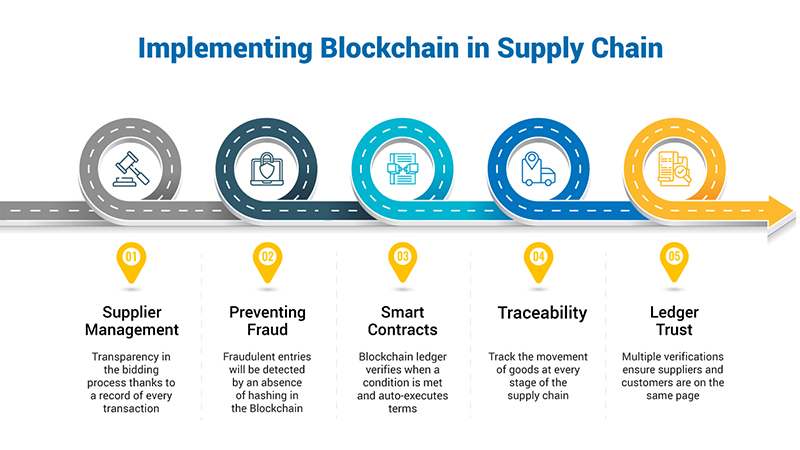
Gaming
In the gaming industry, blockchain offers a disruptive use case through non-fungible tokens (NFTs) and virtual asset ownership. NFTs enable the creation and ownership of unique digital assets, such as in-game items, characters, and virtual real estate, on the blockchain. This transformative application of blockchain technology empowers players with true ownership of their virtual possessions, fostering a vibrant secondary market for trading and monetizing in-game assets, ultimately reshaping the gaming experience and economy. Tokenize by Chainize provides an easy to deploy solution.

Insurance
In the insurance industry, blockchain introduces a disruptive use case through streamlined claims processing and enhanced trust. Blockchain's transparent and immutable ledger simplifies claims verification and settlement, reducing administrative costs and fraud. By providing a secure and transparent platform for data sharing, blockchain fosters trust among insurers and policyholders, ultimately improving efficiency and customer experiences in the insurance industry.
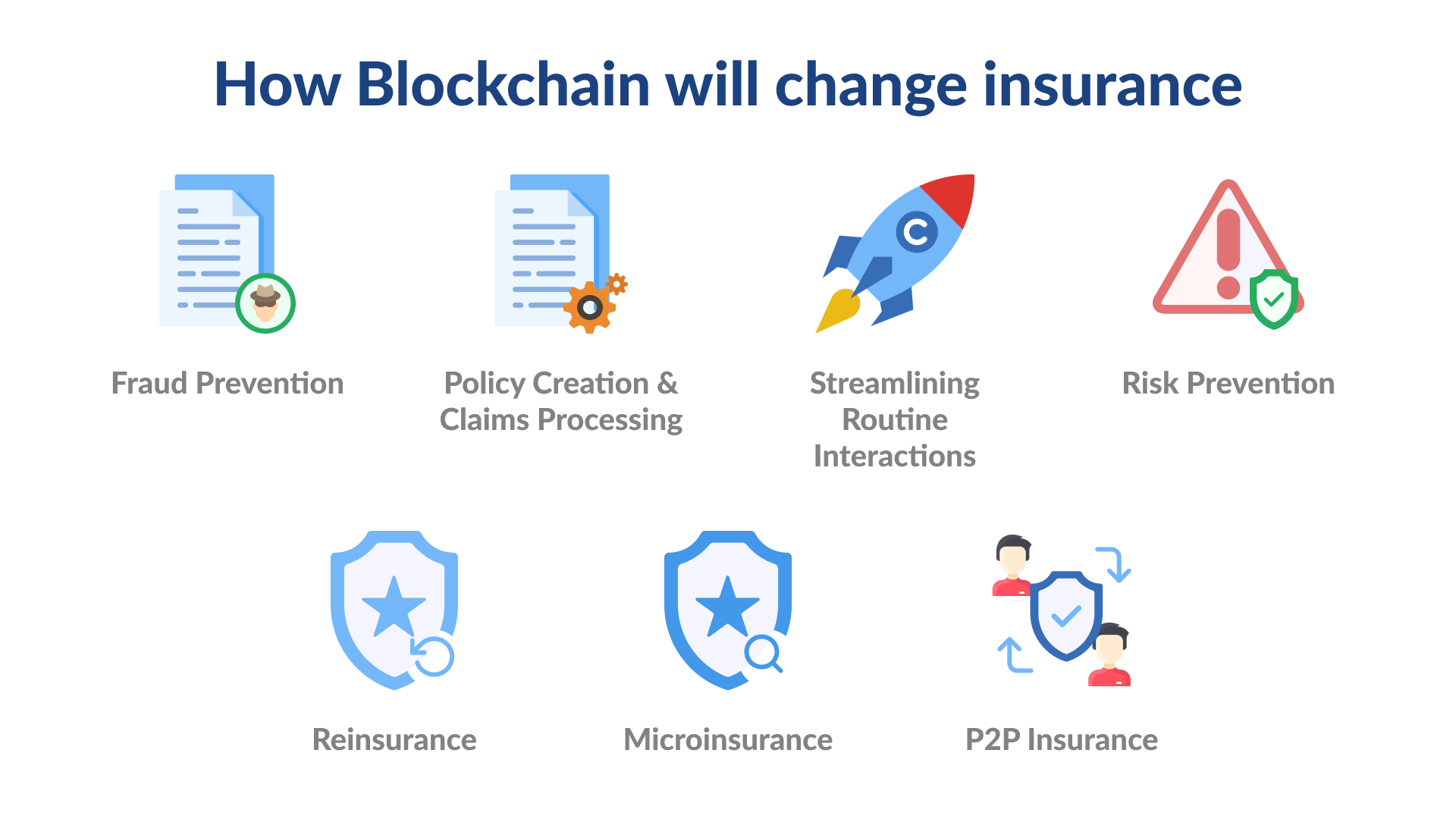
Banking
In the banking industry, blockchain offers a disruptive use case through faster and more secure cross-border payments. By leveraging blockchain's decentralized and transparent network, banks can settle transactions in real-time, eliminating intermediaries and reducing transaction costs. The immutable nature of blockchain ensures the integrity of transaction records, mitigating the risk of fraud and enhancing trust between financial institutions, ultimately revolutionizing the traditional banking system.

Real Estate Investment
In the real estate industry, blockchain presents a disruptive use case through tokenization and transparent property transactions. By tokenizing real estate assets, properties can be divided into tradable digital tokens, allowing for fractional ownership and increased liquidity in the market. Tokenize by Chainize provides an easy to deploy solution. Blockchain's transparent and immutable ledger ensures data integrity and eliminates the need for intermediaries, simplifying property transactions and fostering greater accessibility and trust in the real estate market.
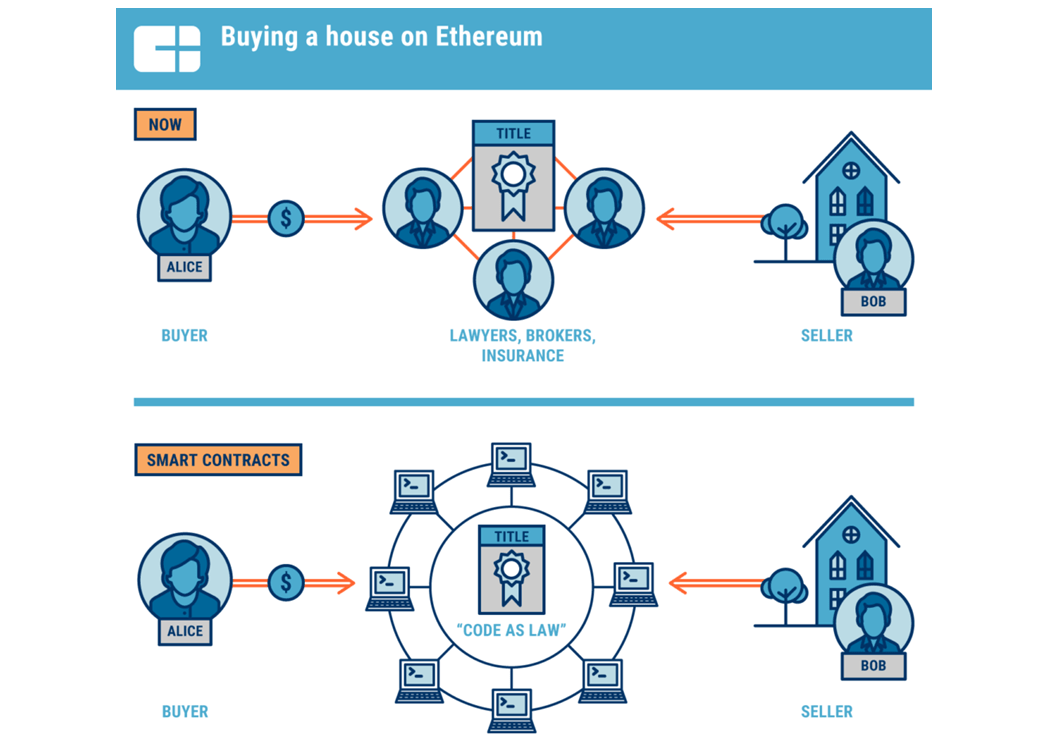
Healthcare
In the healthcare industry, blockchain offers a disruptive use case through secure and interoperable health records management. By storing patient data on a decentralized and encrypted blockchain, healthcare providers can ensure data integrity and patient privacy. This enables seamless and secure sharing of medical records among different healthcare institutions, improving care coordination and reducing medical errors. Tokenize by Chainize provides an easy to deploy solution.

Automobile Industry
In the automobile industry, blockchain introduces a disruptive use case through secure vehicle history tracking and efficient supply chain management. By recording every stage of a vehicle's life cycle on an immutable blockchain, consumers can verify the authenticity and maintenance history of used cars, reducing the risk of fraud. Additionally, blockchain's transparent and decentralised nature streamlines supply chain operations, facilitating seamless collaboration among manufacturers, suppliers, and dealers, ultimately enhancing the overall efficiency and trustworthiness of the automobile industry.
![PDF] Blockchain for automotive: An insight towards the IPFS blockchain-based auto insurance sector | Semantic Scholar](https://d3i71xaburhd42.cloudfront.net/2ac3c7c0ca3ba911308c67580127fc45795a7905/4-Figure1-1.png)
Entertainment Industry
In the entertainment industry, blockchain offers a disruptive use case through the creation and trading of non-fungible tokens (NFTs). NFTs enable artists, musicians, and creators to tokenize their digital content, such as artwork, music, videos, and virtual items, granting unique ownership to buyers. This transformative application of blockchain technology revolutionizes content ownership, enhances monetization opportunities, and provides a novel way for fans to engage with their favorite artists and content creators.

E-Commerce
In the e-commerce industry, blockchain presents a disruptive use case through secure and transparent supply chain management. By recording every step of a product's journey on an immutable blockchain, consumers can verify the authenticity and origin of products, reducing the risk of counterfeits. Additionally, blockchain-enabled smart contracts can automate payment processing, shipping, and dispute resolution, streamlining transactions and eliminating the need for intermediaries. This transformative application of blockchain technology fosters trust, enhances customer experiences, and strengthens the integrity of the e-commerce ecosystem.

Energy Sector
In the energy industry, blockchain presents a disruptive use case through peer-to-peer energy trading and decentralized energy management. Blockchain-enabled smart grids allow individuals and businesses to directly buy and sell excess energy, promoting renewable energy adoption and reducing reliance on traditional utility providers. This transformative application enhances energy efficiency, empowers consumers, and paves the way for a more sustainable and decentralized energy ecosystem.
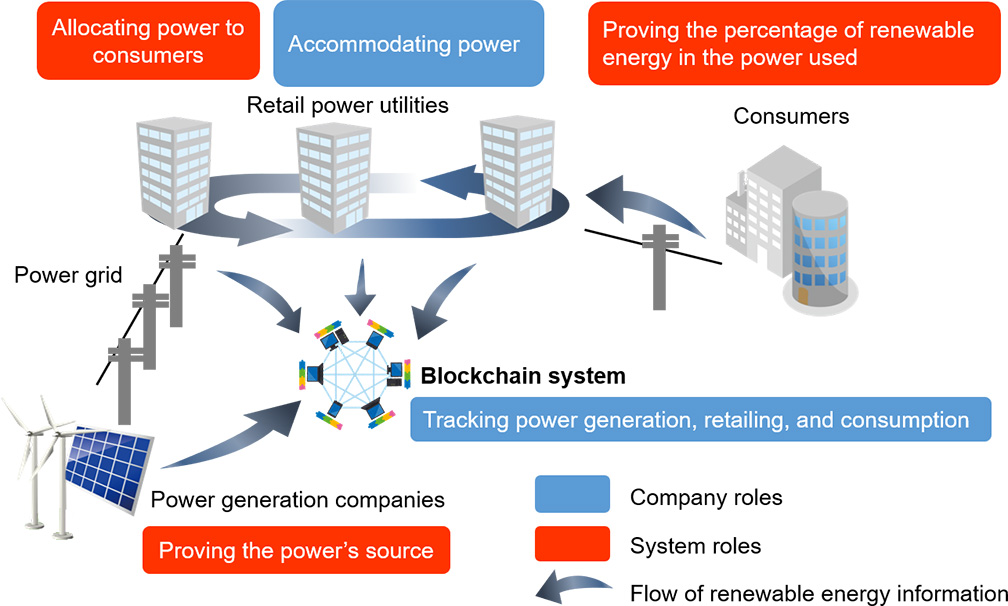
Sports
In the sports industry, blockchain introduces a disruptive use case through non-fungible tokens (NFTs) and fan engagement. NFTs allow sports organizations to create unique digital collectibles, event tickets, and virtual experiences for fans. This fosters a more direct and engaging relationship between fans and athletes, providing new revenue streams and enhancing the overall fan experience in the sports industry.
Conclusion
Blockchain technology has extended its influence well beyond its origins in cryptocurrency. Nearly every contemporary sector is undergoing transformation due to this technology. In addition to its impact on banking and finance, blockchain is reshaping healthcare, record-keeping, smart contracts, supply chains, and even voting processes. While the potential of this technology is continuously expanding, many of its potential applications remain undiscovered. For more information, contact Chainize.


